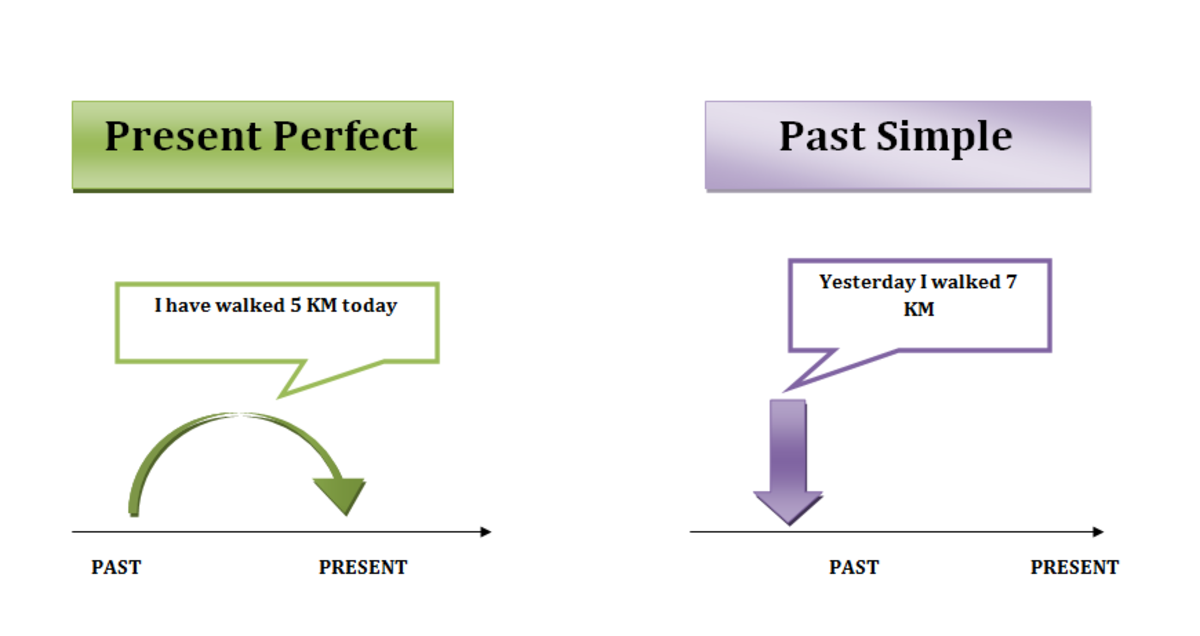Not Taking Political Disagreements so Personally

Approaching Modern Politics More Like I Approach History
Lately, I haven’t been writing many political posts. This is partly because the election is over (although you wouldn’t know it with all of the standard partisan bickering in Washington). It’s also because I have refocused on writing about American History. I’ve even been formulating some rough plans for expanding my American History book into a new, bigger, updated, and hopefully improved edition. With all of the positive feedback I have gotten from my students so far, I am increasingly eager to make the book more thorough and helpful for them. I may never sell a lot of books, but if a new edition will make me a better teacher, it’s worth the effort.
But the main reason I have shifted focus from politics to history is that I increasingly find politics to be annoying. Little of consequence seems to ever get done, with all sides primarily interested in spinning everything to score the maximum political points. Political “debates," whether they involve opposing politicians or citizens (like myself) facing off in person or online, tend to consist of the same old opposing ideological arguments that work much better in theory than in practice. You would think that reasonable people realize that some form of middle ground between the ideological extremes is the only viable option. But when it comes to politics, reason often goes out the window. Like few other aspects of life, politics tends to bring out the worst in us.
History is not always a happy subject either. People of the past, after all, were at least as stupid as we are today. But when writing about the human folly of the past, I do not find it as annoying as the stupidity of the present. And when I find myself in a discussion with someone who disagrees with my historical interpretation, I don’t feel the same level of stress and irritation as when I find myself in a political debate regarding current events. So why is arguing about the past a more pleasant experience than arguing about the present?
The answer, I guess, is pretty simple. When discussing the events of the present, I am probably suffering from the delusion that I have a chance of making a difference. If I could just present a reasonable case in my blogs, Facebook discussions, or wherever, then I can nudge this country just a little bit in a positive direction. But who am I kidding? Even if everyone who reads my arguments were convinced to alter their views in the face of my “infinite wisdom,” this would not be enough people to make much of a difference. I’m just some amateur blogger, after all, not a TV news reporter or columnist for the New York Times. And even if I was some sort of a well-known pundit, few people who read or heard my words would be likely to change their minds. Politics, after all, deals with many of the fundamental topics that shape our basic worldview. And when it comes to basic worldview, we are generally programmed to engage in an intensive program of cognitive dissonance. We tend to filter out any information that conflicts with our basic beliefs, latching on to any “evidence” or arguments that keep them intact. As I said earlier, the irrational tendencies of our species are often most on display when it comes to politics.
When writing about history, however, I have no delusion that I am going to change anything. Because the past is a done deal, I don’t feel so personally invested into the facts or arguments that I am making. By writing about history, I might help people gain a slightly better understanding of the past. But if someone disagrees with my historical perspective, I know that it won’t make much of a difference. Sure, a better understanding of the past can provide a wiser perspective on the present. But the connection between historical knowledge and present wisdom is far more abstract than between current public opinion and future political policies. Because I can directly see how current political policies affect my life in the here and now, I feel compelled to try and change how future potential voters think about politics. I don’t, however, feel that same compulsion to change people’s views of the past. The past is dead. The future remains to be written.
So the wisest course of action is to seek the same level of detachment when writing about modern politics as I do when writing about the past. Since I am not going to change the world – or even the minds of more than a few individuals – it makes no sense to take these conversations and topics so personally. Like the past, the present is a fascinating time to be alive. And for all of our stupidity, and largely because of it, the human race is a fascinating subject. We are often irrational, conniving, self-centered, shortsighted, closed minded, stubborn, and a mess of other unflattering adjectives, but we are never boring. So if nothing else, political discussions can be entertaining. And if I remain open to the distinct possibility that other people might be wiser and better informed than I am, then these discussions can even be educational.








